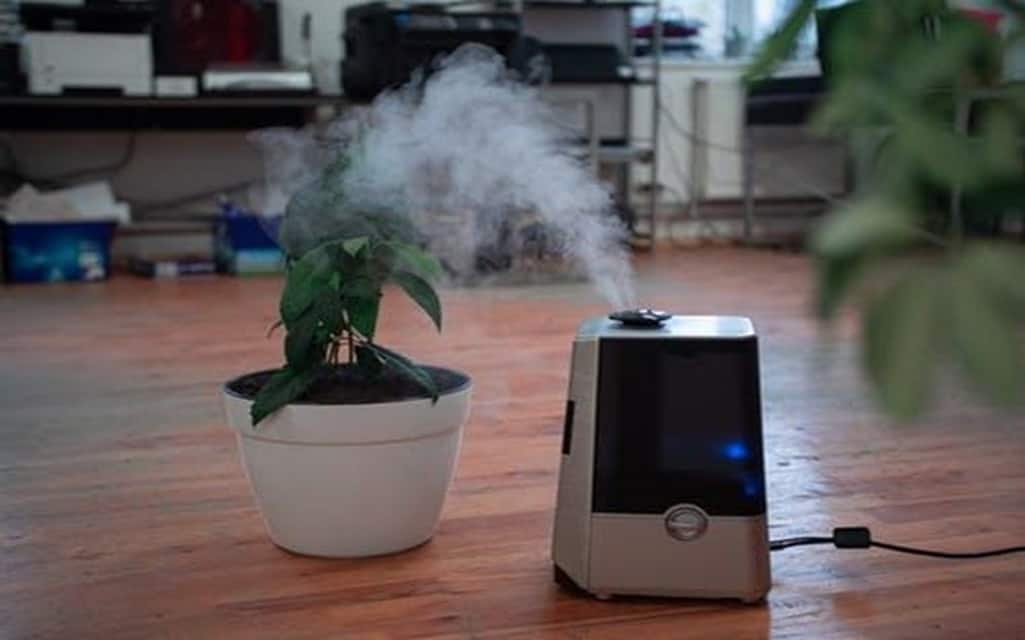Although many household cleaners and chemicals may make us feel as though our house looks and smells clean, this is often not the case. If you think about it rationally, why would the introduction of chemicals into our home make it any more clean? Sometimes there are even undetectable compounds in the air that we aren’t able to remove with traditional methods. Because of these concerns, air purifiers have grown in popularity in recent years, and this may leave some people wondering; “what are they?” and “why do I need one?” Read more about air purifiers in this article.
Air Quality In Homes
Even if you’re as adherent as you can possibly be about cleaning your house, sometimes air quality is still impacted. Dust, bacteria, or mold can float around in your home, and according to https://www.airprofessor.com/ over 70% of American families have someone with asthma or allergies in the house. That’s a staggering number from developed countries who are supposed to be the epicentre of health and wellness.
If we have our windows closed during the winter, UV light cannot effectively penetrate windows. Bacteria are especially susceptible to UV light, and they may proliferate without it. In more humid environments, bacteria will also thrive on the moisture found in the air. Unfortunately, the air inside our houses isn’t as healthy as we want it to be. Even worse, pathogens like the flu can travel via the air and increase the amount of people in a household who become ill. If there was a way to clean the air in your home why would the average person not want to do that?
Read More: How To Increase Your Home’s Market Value
What Do They Do?
There are a large variety of air purifiers but they all have relatively the same two mechanisms of action. One type would be considered a passive air filter, which removes dust, bacteria, and other compounds from the air by trapping them within a filter. There are various types of filters available, but they’re all generally adept at handling pollution within the home environment. You will want to change air filters according to manufacturer’s guidelines to ensure that you’re not leaving an allergens inside of the home.
Another type of air purification is called an active method. These devices may release charged anions (negatively charged ions) into the air that pull pollutants onto surfaces. Obviously with this method you will need to clean relatively frequently in order to prevent transmission of these pollutants from surface to surface. Unfortunately these methods might also generate more ozone in the air, and it can reach above recommended thresholds. The best thing you can do to circumvent this side effect is place the air purification device in a well ventilated area.
Why Do I Need One?
HEPA filtration (passive air filtration) has been shown to remove upwards of 99% of pollutants found in a home’s air. If your children or yourself are particularly susceptible to dust allergies, this can significantly reduce the side effects faced. As mentioned earlier they will also reduce the transmission of infectious diseases such as the flu. They will also filter out larger particulates such as pet dander which may be increasing allergic reactions in household members.
Read More: 5 Common Reasons Why Pests Enter Your Home
Offensive orders may also build in the house regardless of cleaning attempts, and air purification is a great way to reduce the odorous compounds in the air. Many air fresheners contain products that may exacerbate allergic reactions in people, and the use of these products overtime may actually cause asthmatic problems in developing children. Air freshening compounds that are considered for industrial use definitely should not be used in the home for the same reasons. Air purification is a safe method of keeping your house smelling fresh without having to resort to unhealthy chemicals.
While a useful tool, air purifiers are not a “cure all” approach to cleansing the air in your house. There may be pockets of air in your home that do not receive adequate ventilation, and it’s doubtful you’ll want an air purifier running in your home at all times. If your air purifier is above the basement level, consider adding a dehumidifier to your basement to reduce humidity. The reduction of water content in the air will make it more difficult for bacteria and mold to grow. Opening windows in the spring and summer time might introduce allergens into the house, but it will also allow UV penetration to destroy bacteria present on surfaces. Ultimately air purifiers are a useful tool to have in your arsenal when tackling pollution in your home, and if you suffer from allergies or asthma they’re definitely something you need.



